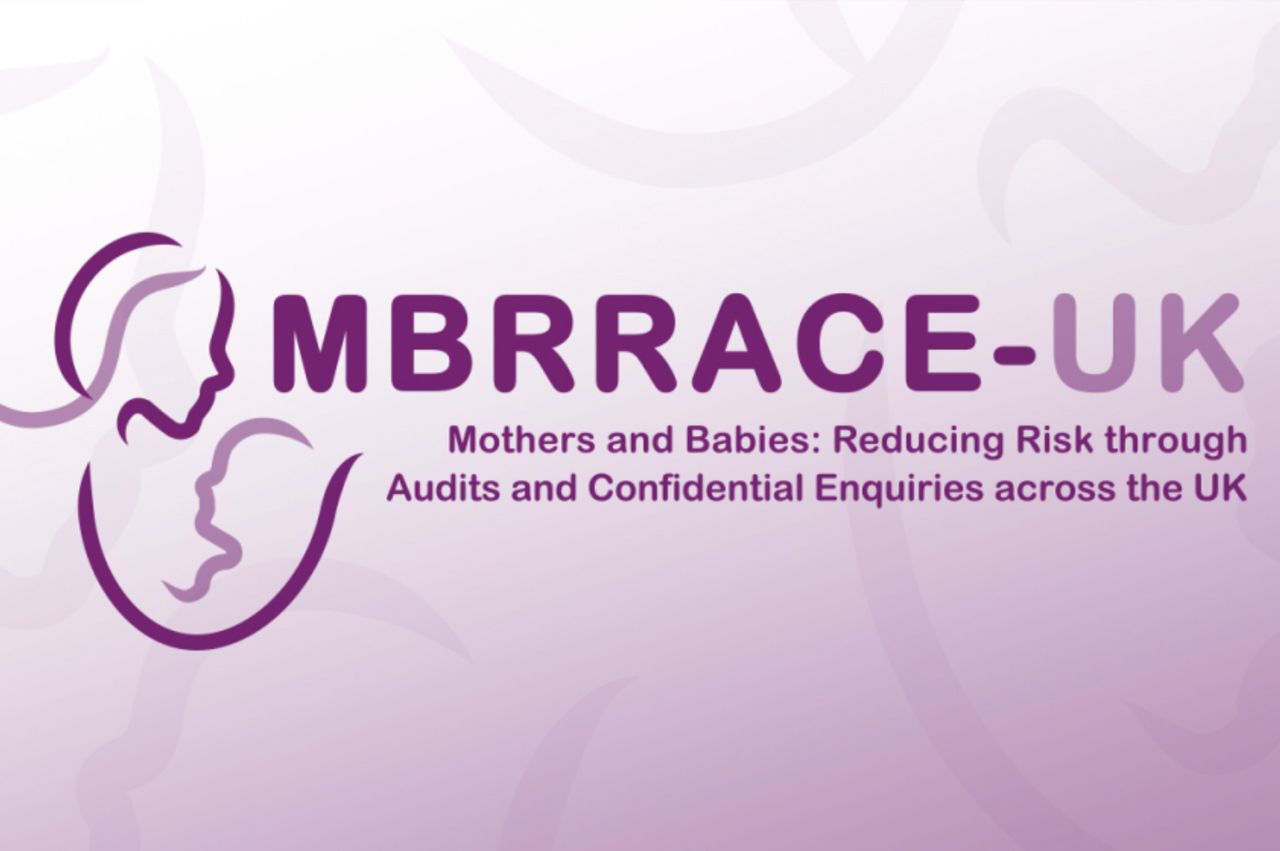
Why vulnerable women die
A national cohort study and confidential enquiry using data from the MBRRACE-UK dataset of deaths in pregnancy from 2014 – 2022 and in the year following pregnancy was conducted by a collaborative group including Oxford University, Birth Companions, Kings College London and others.
The study aimed to investigate maternal mortality in the context of children's social care (CSC) involvement, and to explore the quality of maternity care that women with CSC involvement received.
Of the 1451 women who died during pregnancy or the year after pregnancy, 420 had some involvement with Child Social Services (CSC) and from these, a random sample of the health care records of 47 women were examined.
These women were more likely to be unemployed (both the pregnant woman and her partner if a partner was involved); be single; live alone; have experience of domestic abuse; have reported historic abuse during childhood; be 20 years old or younger; live in deprived areas; have pre-existing medical conditions; have mental health problems; have a history of drug taking; smoke; be multiparous; be white.
The confidential enquiry wing of the study looked at the quality of care the women received antenatally and postnatally. Having many community and hospital based appointments placed a financial burden on women through accrued transportation costs. Uncoordinated appointment schedules across a wide number of services became an additional challenge for women who already faced many disadvantages. The enduring effect of poverty on antenatal care was often not explored in clinical notes.
Recommendations to improve the care of this group of women include a better coordinated multidisciplinary approach across the health service, social care service and the criminal justice system. More holistic care, personalised to the individual needs of the woman and her infant, is needed with improved mental health care and support for mothers whose baby is removed from their care. Practitioners need to be more aware of the practical barriers to accessing care. The authors recommend that a national health and social care pathway should be developed to deliver improved, consistent care for all women who have CSC involvement in pregnancy and early motherhood.
Read More: De Backer, K. et al. (2025) Characteristics, outcomes, and maternity care experiences of women with children’s social care involvement who subsequently died: national cohort study and confidential enquiry. BMJ Medicine, 4:e001464.
